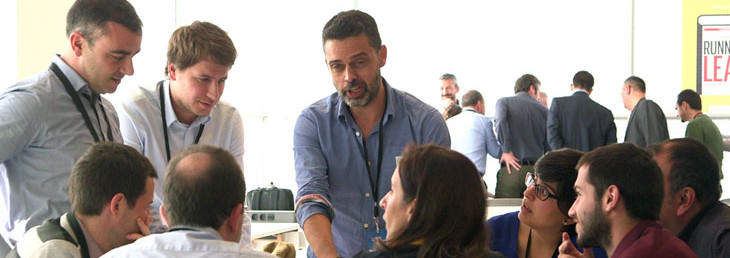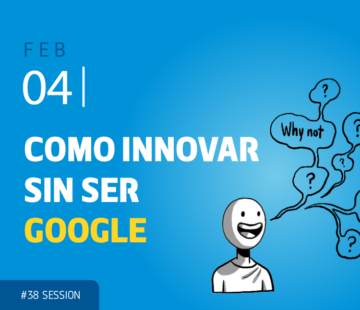Corporate accelerators models to avoid the perils of getting locked in a single view and needs
Pressing corporate agendas and the often unescapable uneven relationships could arise negative side effects for innovation in corporate accelerators. But those may present a variety of formats in which new ideas, value proposals or business models are much difficult to get locked in a single corporation view and needs.

Corporate acceleration without truly collaborative goodwill can kill innovation
The current boom of corporate accelerators definitively represents one of the most obvious cases of the realization of the more collaborative business environment that we started to forecast almost a decade ago. But, are this kind of programs in danger of becoming more an accelerator for the sponsoring corporations than for the participating startups?

Co-Session #25 (II): Building our own ideal organizational model
We spent some time during our 25th Co-Session to design our ideal type of innovative organization. As our starting point, we took the main elements from four of the most interesting recent proposals from the field of new organizational models and challenged participants to use some of them to transform their companies into a fast and agile organization more able to react quickly to change.

We turned 25 learning how to act like a startup
Complex and rapidly changing markets increases the need for a more agile and dynamic workflow. That’s why an increasing number of companies are aspiring to create a startup culture. However- can it be done? Can consolidated businesses simultaneously enjoy the benefits of two different “operating systems”? This is the question we tried to answer in our 25th Co-Session.

Davids unite to fight mighty online Goliaths
As online buying thrives, increasing concerns on small retailers being killed off by large e-commerce brands forecast a fight of biblical proportions. Very rarely just one David is good or lucky enough to hit Goliath right between the eyes with a first throw, so better to try by many Davids collaborating together.

